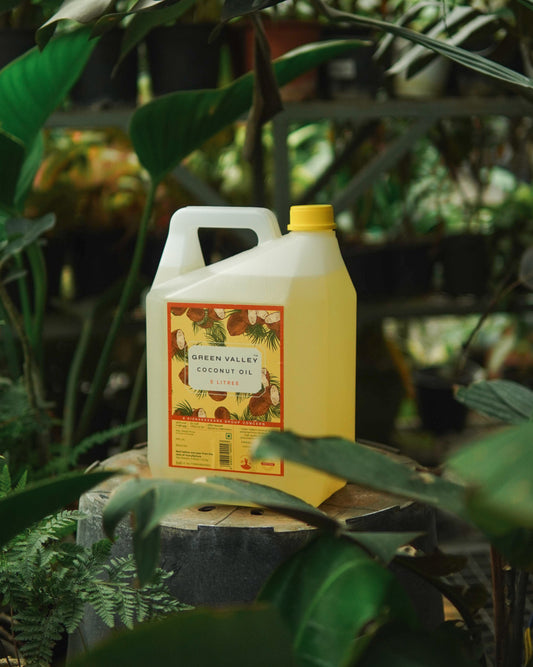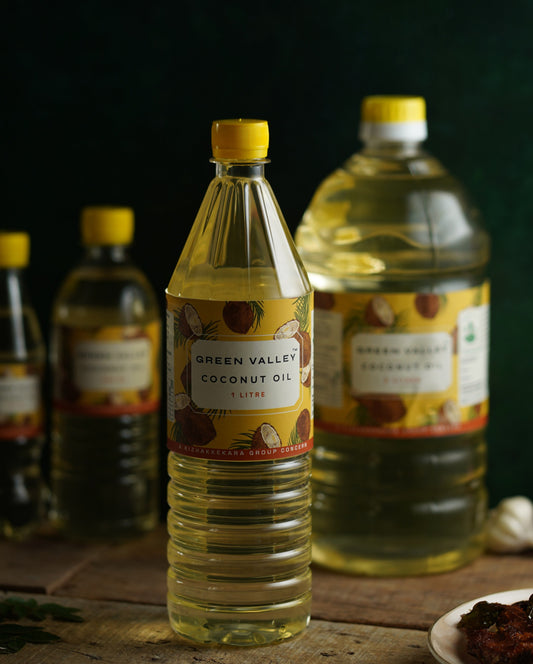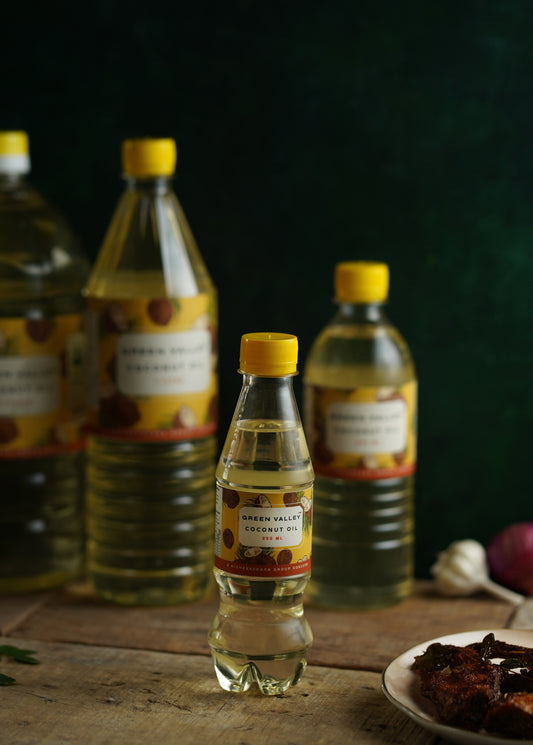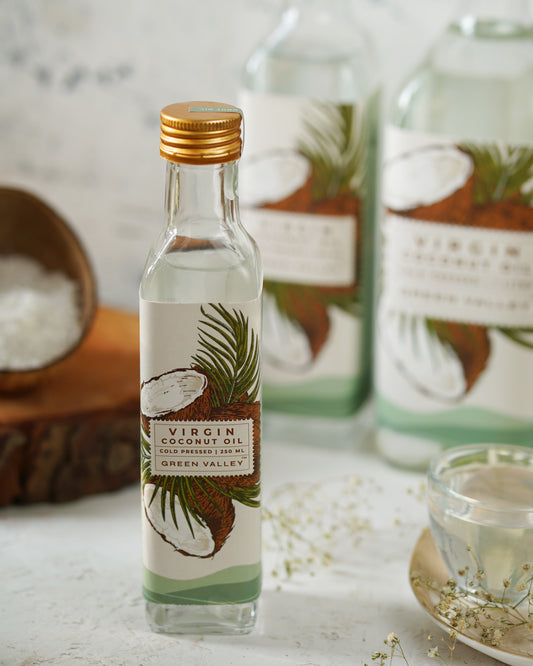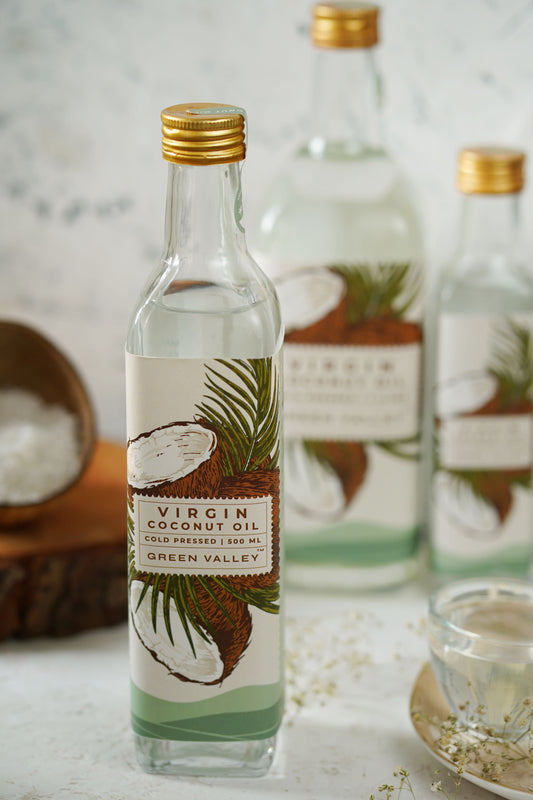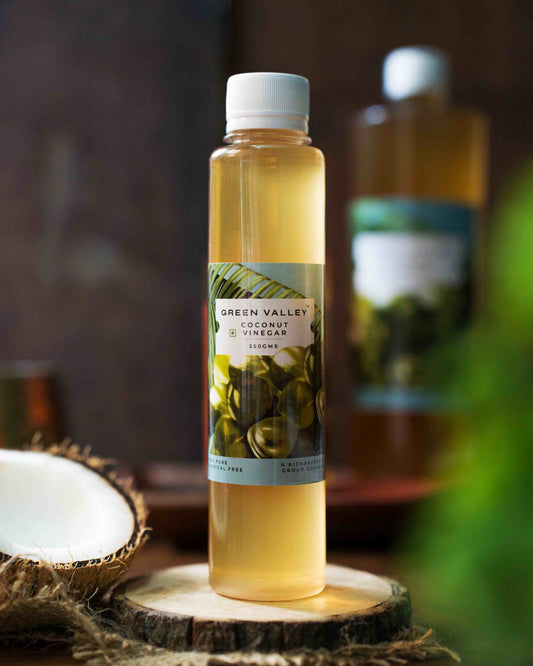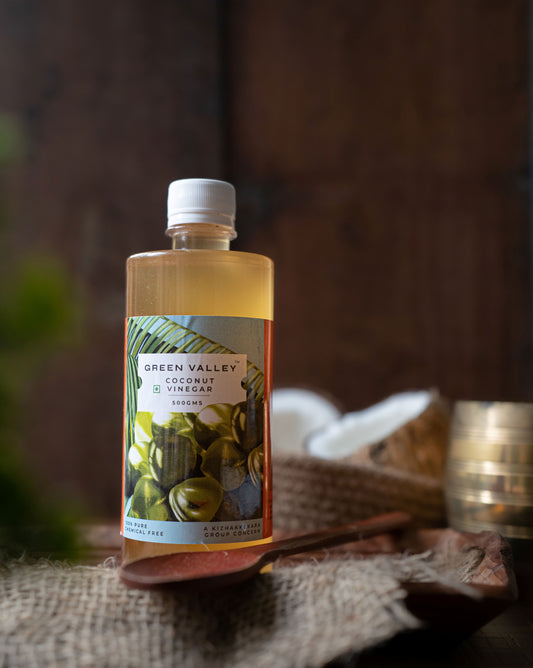Ah, the age-old question that has left dermatologists shaking their heads and Google searches skyrocketing: “Is my skin just dry, or do I actually have eczema?”
If you’ve ever stared at a patch of flaky, itchy skin and wondered whether you’re overreacting or if it’s time to book an appointment with Dr. Google (or an actual dermatologist), you’re not alone. Dry skin and eczema may look similar, but they’re not identical twins. Think of them more as distant cousins—related, but with very different personalities.
So, let’s break it down and find out what sets these two apart.
What Is Dry Skin?
Dry skin (also called xerosis if you want to sound fancy) is exactly what it sounds like—skin that doesn’t have enough moisture.
It can happen to anyone, at any age, and is often influenced by external factors like:
-
Cold, dry weather
-
Long, hot showers
-
Harsh soaps and detergents
-
Ageing (sorry, but true)
The symptoms are usually:
-
Rough texture
-
Flakiness
-
Mild itchiness
-
Dull appearance
The good news? Dry skin is mostly a temporary condition. With the right moisturiser, some lifestyle changes, and maybe a humidifier, your skin can bounce back to its dewy, Instagram-ready self.
What Is Eczema?
Eczema (formally known as atopic dermatitis) is a chronic inflammatory skin condition. Unlike dry skin, it isn’t just about a lack of moisture. It involves an overactive immune response and a faulty skin barrier.
Basically, your skin barrier is like a security guard that keeps good things (like hydration) in and bad things (like irritants and allergens) out. In eczema, that security guard is asleep on the job.
Symptoms of eczema include:
-
Intense itchiness (the kind that keeps you awake at 3 a.m.)
-
Red, inflamed patches
-
Oozing or crusting in severe cases
-
Thickened, leathery skin from repeated scratching
Unlike dry skin, eczema tends to come and go in flare-ups, often triggered by allergens, stress, diet, or even the weather.
The Key Differences Between Dry Skin And Eczema
Now that we know the basics, let’s pit them against each other:
|
Feature |
Dry Skin |
Eczema |
|
Cause |
Lack of moisture |
Immune dysfunction + weak skin barrier |
|
Duration |
Temporary, improves with hydration |
Chronic, long-term condition |
|
Symptoms |
Flaky, rough, mildly itchy |
Red, inflamed, very itchy, sometimes oozing |
|
Triggered by |
Weather, soaps, hot water |
Allergens, stress, diet, genetics |
|
Treatment |
Moisturisers, gentle care |
Moisturisers + medical treatment (topical steroids, etc.) |
Why Do People Confuse The Two?
Here’s the catch—eczema often causes dry skin. So if you have eczema, you almost definitely have dryness, but not everyone with dry skin has eczema.
Think of dry skin as a one-time bad hair day. Eczema, on the other hand, is like a recurring bad haircut that requires ongoing management.
Treatments For Dry Skin
If your skin is just dry, the solutions are pretty straightforward:
-
Moisturise frequently (look for creams or ointments, not just lotions).
-
Use gentle cleansers instead of harsh soaps.
-
Avoid hot showers (lukewarm is better).
-
Run a humidifier in dry climates.
And yes—this is where coconut oil comes into play. Virgin coconut oil, in particular, acts as an excellent natural moisturiser. It not only hydrates but also locks in moisture thanks to its fatty acid content.
Treatments For Eczema
Eczema needs a bit more TLC (and sometimes medical intervention):
-
Moisturisers are still key, especially thick ointments.
-
Prescription creams like topical corticosteroids or calcineurin inhibitors may be needed.
-
Avoid triggers (dust, harsh fabrics, certain foods).
-
Manage stress, since flare-ups often have emotional triggers.
Here too, virgin coconut oil can play a role. Studies suggest that coconut oil helps improve skin barrier function and has antimicrobial properties, which can soothe eczema-prone skin. However, for severe flare-ups, medical treatments are still essential.
Can Coconut Oil Help Both?
Yes! Virgin coconut oil is like that multitasking friend who can cook, clean, and still make time for yoga.
For dry skin, coconut oil provides deep hydration and creates a protective barrier against moisture loss.
For eczema, coconut oil helps calm inflammation, reduces bacteria on the skin, and supports the barrier function.
Of course, patch testing is important. While many find coconut oil soothing, some with eczema may experience irritation, so it’s always wise to test a small area first.
When To See A Doctor
Here’s the golden rule:
- If your skin feels a little tight and flaky after a shower → probably just dry skin.
-
If you’re scratching until you bleed, or your skin is red, cracked, or infected → time to call in professional help.
Dermatologists can provide prescription treatments and help you develop a long-term care plan.
The Bottom Line
Dry skin and eczema may look similar, but they’re not the same. Dry skin is a temporary lack of moisture, usually fixed with a solid moisturising routine. Eczema, on the other hand, is a chronic condition involving immune responses and a compromised skin barrier.
The overlap is real, but so is the difference. And while moisturisers (and yes, virgin coconut oil) can benefit both, understanding which one you’re dealing with makes all the difference in managing your skin effectively.
So the next time you catch yourself Googling, “Do I have eczema or just dry skin?”—you’ll know how to tell them apart.


